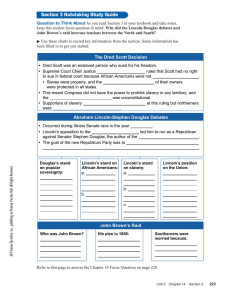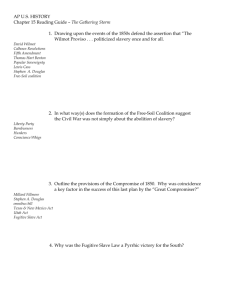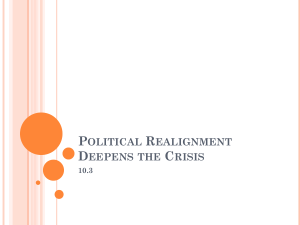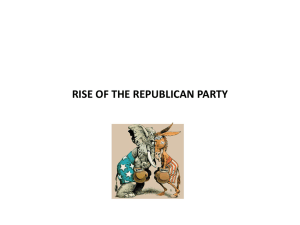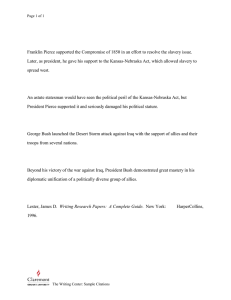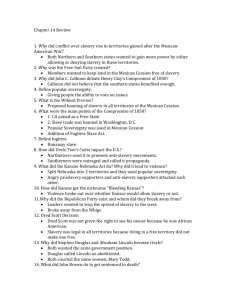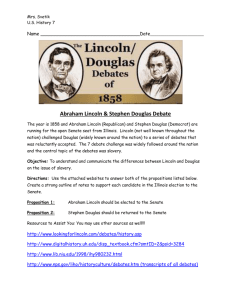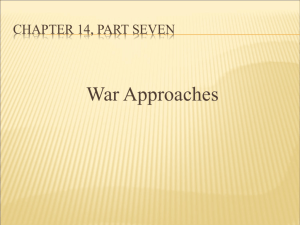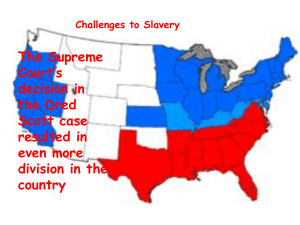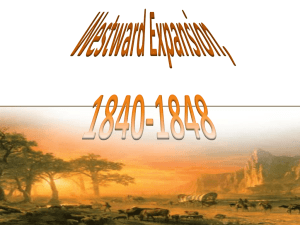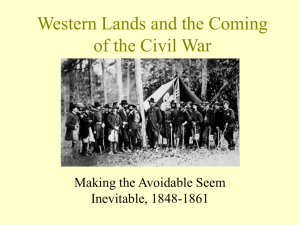Name________________________________ Block__________
advertisement
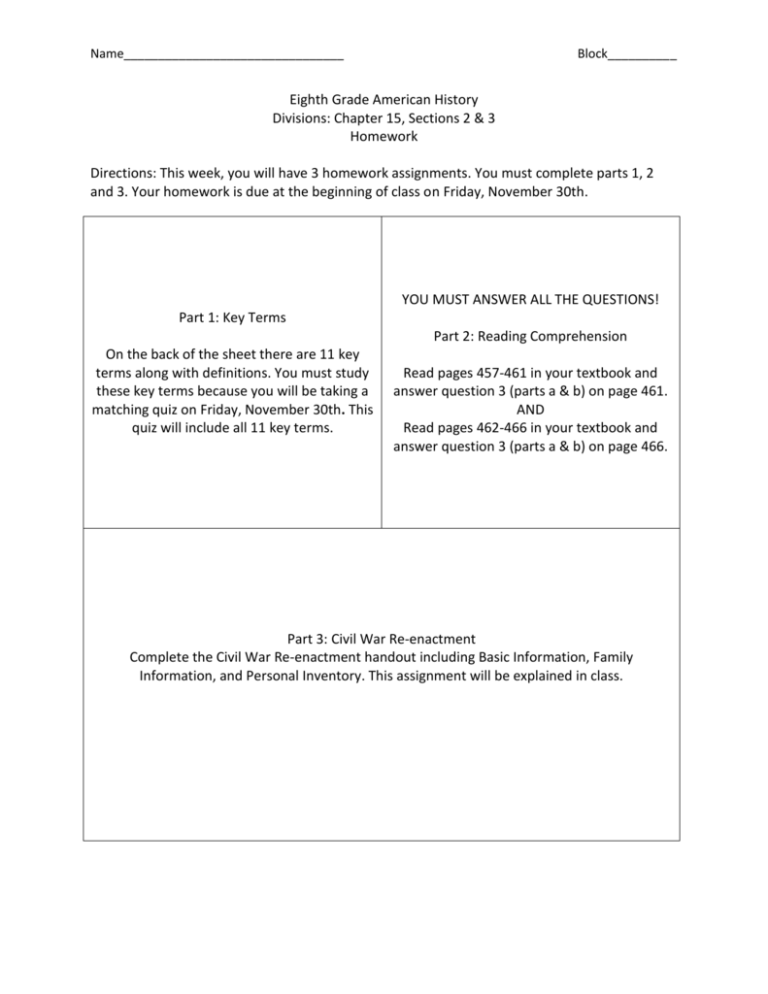
Name________________________________ Block__________ Eighth Grade American History Divisions: Chapter 15, Sections 2 & 3 Homework Directions: This week, you will have 3 homework assignments. You must complete parts 1, 2 and 3. Your homework is due at the beginning of class on Friday, November 30th. YOU MUST ANSWER ALL THE QUESTIONS! Part 1: Key Terms Part 2: Reading Comprehension On the back of the sheet there are 11 key terms along with definitions. You must study these key terms because you will be taking a matching quiz on Friday, November 30th. This quiz will include all 11 key terms. Read pages 457-461 in your textbook and answer question 3 (parts a & b) on page 461. AND Read pages 462-466 in your textbook and answer question 3 (parts a & b) on page 466. Part 3: Civil War Re-enactment Complete the Civil War Re-enactment handout including Basic Information, Family Information, and Personal Inventory. This assignment will be explained in class. Name________________________________ Block__________ Key Terms 1. Franklin Pierce: Democratic politician from New Hampshire who won the presidential election in 1852 and promised to enforce the Fugitive Slave Act. 2. Stephen Douglas: Democratic Senator from Illinois who proposed the Kansas-Nebraska Act 3. Kansas-Nebraska Act: Proposed by Stephen Douglas and passed in 1854, divided the rest of the Louisiana Purchase into two territories- Kansas and Nebraska, which would be decided by popular sovereignty, did away with the restrictions on slavery north of the 36 30’ line. 4. Pottawatomie Massacre: 1856 incident in which John Brown and seven other abolitionists murdered pro-slavery Kansans after they destroyed buildings and printing presses in Lawrence 5. Republican Party: formed in 1854 when Whigs, some Democrats, Free-Soilers, and abolitionists united to oppose the spread of slavery in the West. 6. James Buchanan: Pennsylvania Congressman nominated by the Democrats because he had not been associated with the Kansas-Nebraska Act, won the 1856 presidential election 7. John C. Fremont: Nominated as the Republican candidate in the election of 1856, ran on an anti-slavery platform 8. Dred Scott: Slave of an army surgeon who sued for his freedom because he lived in free territory for years. The Supreme Court determined he was not a citizen so could not sue, living in free soil had not made him free, and the restriction on slavery north of the 36 30’ line was unconstitutional. 9. Abraham Lincoln: Illinois lawyer and politician who joined the Republican party and supported stopping the spread of slavery, expressed concern for the Supreme Court’s ruling in the Dred Scott case. 10. Lincoln-Douglas Debates: 7 debates between Abraham Lincoln and Stephen Douglas in the U.S Senate campaign in Illinois. 11. Freeport Doctrine: Argument made by Stephen Douglas during the debates that popular sovereignty would determine whether a state or territory could permit slavery, helped him win the seat. Name________________________________ Block__________
